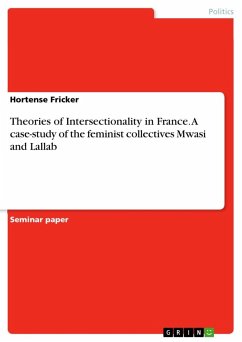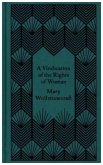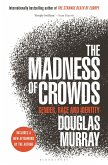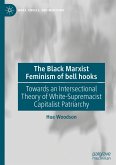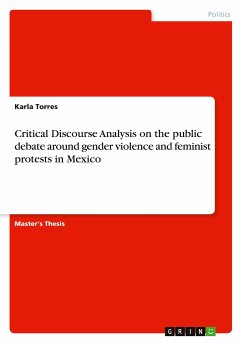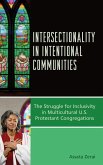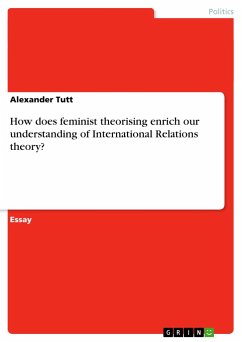Seminar paper from the year 2019 in the subject Politics - Political Theory and the History of Ideas Journal, grade: 1,0, Free University of Berlin (Otto-Suhr-Institut), language: English, abstract: The question that this paper will aim to answer is: how can the cases of the Mwasi and Lallab collectives, and their perception in France, be analyzed through the lens of the theory of intersectionality? This theory seems particularly fit for this research paper, as its arrival in French academia has challenged the more traditional universal feminism in a lot of different ways in the last fifteen years. Moreover, both collectives define themselves as intersectional feminist groups and advocate for taking into account the particular experiences of women. The first part of this paper details the development of the theory of intersectionality in the United States, before looking at the particular case of France and studying some of the reasons that have made its acceptance difficult. Thesecond part focuses on the Mwasi collective, detailing its mission and actions before going over its perception in France, in particular with the case of the Nyansapo festival organized in 2017. Similarly, the third part focuses on the Lallab collective and the controversies it has had to face for its support of the choice of women to wear a hijab. Finally, for the conclusion, parallels are drawn between the two cases, in order to determine what it shows of the perception of the theory of intersectionality in France.
Hinweis: Dieser Artikel kann nur an eine deutsche Lieferadresse ausgeliefert werden.
Hinweis: Dieser Artikel kann nur an eine deutsche Lieferadresse ausgeliefert werden.

